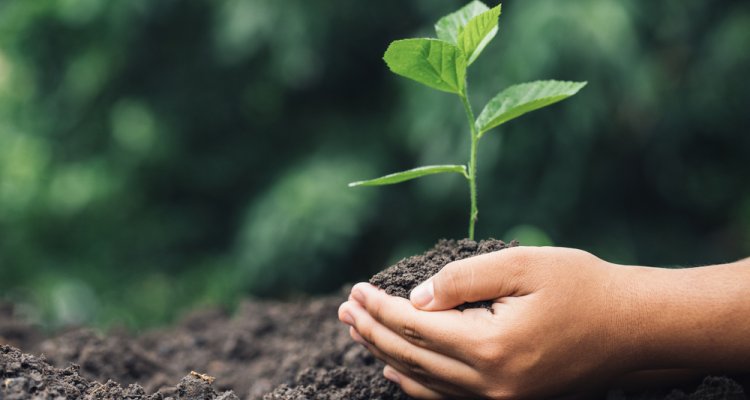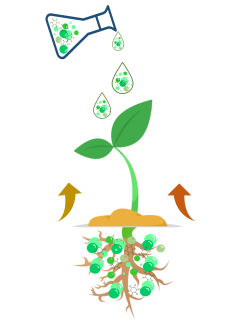
Project
Microalgae biostimulants: a natural boost for plant health
Biostimulants are substances that improve plant health by enhancing metabolic and physiological mechanisms such as nutrient uptake and tolerance to environmental stresses. Diverse microalgae species have become an attractive source of biomass due to their several organic compounds with biostimulant activity. The composition of these biostimulants can vary depending on microalgae species and its growth conditions, which directly influences the response of plants. In this context, we aim to select suitable microalgae species, optimize the protocol for extraction and improve the dosage in valuable crops.
Background
Plant biostimulants are substances obtained from biochemical or biotechnological processes that effectively increase crop yield and plant quality traits. Biostimulants are essential in agricultural practices since they optimize nutrient absorption and environmental stress tolerance. There are several types of biostimulants depending on the source of biomass and extraction of its components, among them microalgal extracts represent a significant group of organic biostimulants.
Microalgae comprise a large group of photosynthetic microorganisms that can colonize harsh environments and produce diverse antioxidant components. Several species of microalgae are commonly known for the activation of metabolic mechanisms in plants due to their rich composition in polysaccharides, phenolics, fatty acids, phytohormones, vitamins, chlorophyll, carotenoids. The use of microalgae based biostimulants has rapidly increased in the last few years, however, due to the high diversity and complex nature of its components, the efficiency of the extracts relies on the source of material and method of extraction.
Project description
The use of microalgae based biostimulants has rapidly increased in the last few years due to the beneficial effects attributed to the nitrogen fixation and bioavailability of phosphorus of some microalgal strains. Unfortunately, the efficiency of the microalgal extracts relies on the source of material and method of extraction, which can be challenging due to the high diversity and complex nature of its components.
Many studies have reported beneficial biostimulant effects of microalgae extracts on germination, plant development, and biomass production in several plant species under abiotic stresses. However, little is known about the specific components that cause such response in the plant.
This project aims to select suitable microalgal strains with biostimulant activity, optimize the extraction of its components, and determine the effect these substances in plants under abiotic stress.
